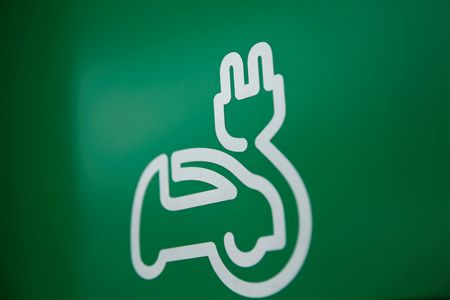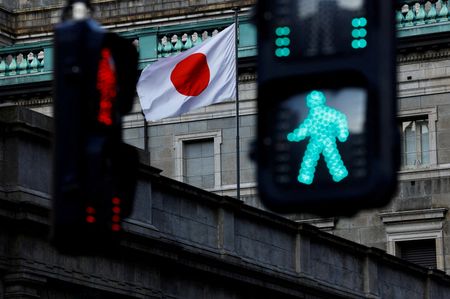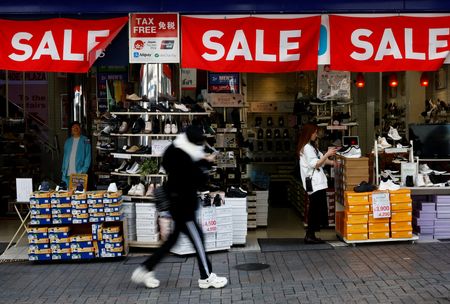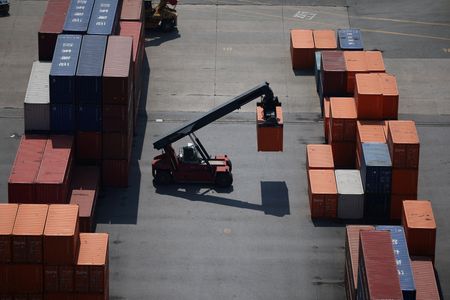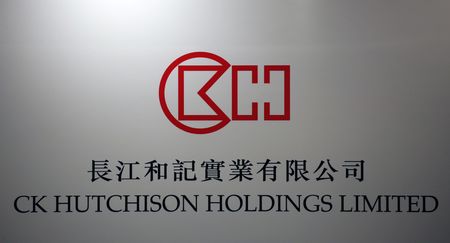BANGKOK (Reuters) -Thailand adjusted an electric vehicle incentive policy on Wednesday to give carmakers more flexibility to meet production requirements and boost exports, amid tepid domestic demand and intense competition as Chinese brands flood the local market.
Under its EV policy launched in 2022, Thailand allowed duty-free imports under the condition that domestic EV output of automakers would match the number of imports by 2024, and then they would produce 1.5 units for every imported unit by 2025.
The Board of Investment said locally produced EVs that were exported would now count towards the target, a shift from the previous policy of only counting locally registered vehicles.
“The revisions approved today will allow greater flexibility and help Thailand, which is already the leader in the region’s automotive manufacturing industry, to become a key EV production base,” the Board’s secretary-general Narit Therdsteerasukdi said.
Southeast Asia’s second-largest economy is regional auto production and export hub for top carmakers like Toyota and Honda. Chinese brands dominate the EV segment, with a combined share of over 70% of sales.
The EV policy, which also includes tax breaks and price subsidies, has drawn more than $4 billion in investments, including from Chinese firms BYD and Great Wall Motors.
Last year, the Board of Investment gave an extension to the initial local production timeline to avoid oversupply, as the sector has struggled with weak demand in a sluggish economy.
The tweaked scheme is forecast to take EV exports to about 12,500 units this year and 52,000 units in 2026, the board said. In April, Thailand made its first EV shipment of 660 vehicles.
(Reporting by Chayut Setboonsarng and Devyjot Ghoshal; Editing by David Stanway and John Mair)

